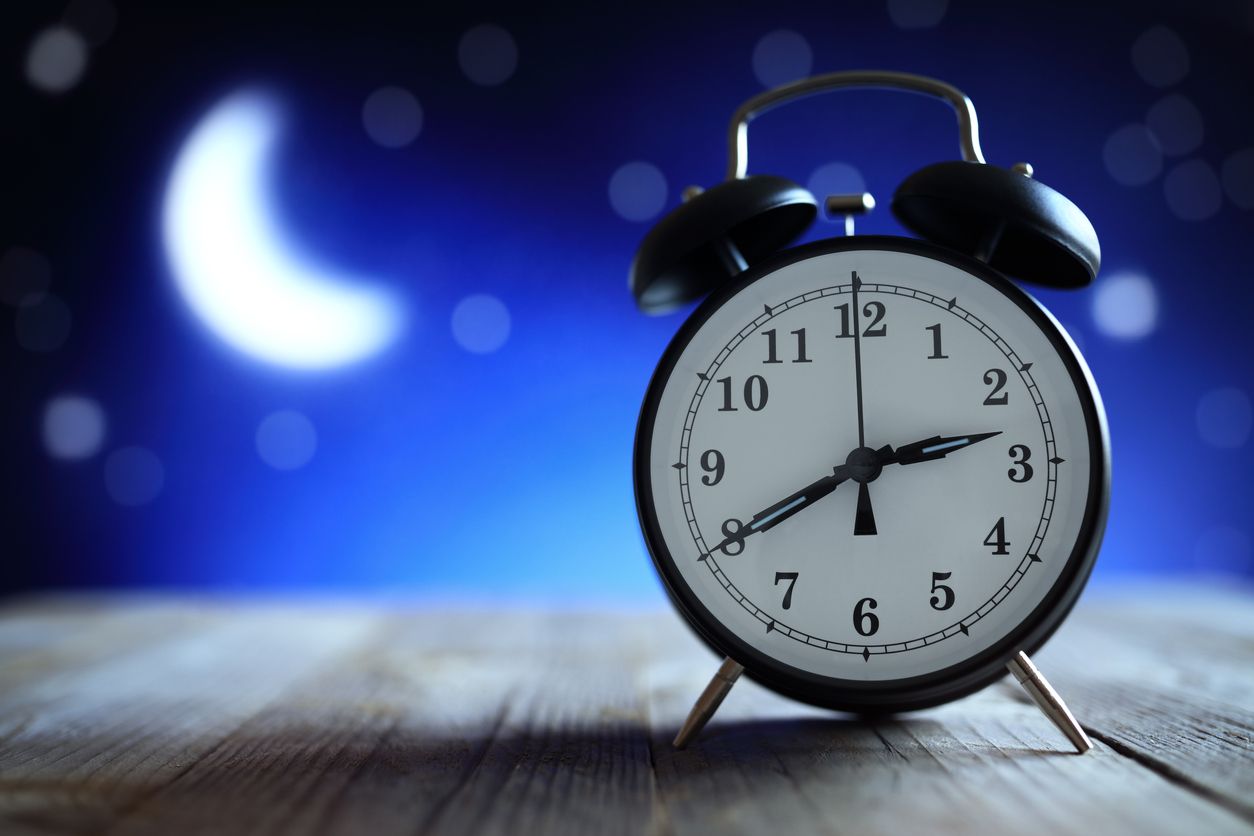How to sleep better without the help of cannabis

Cannabis can be an incredibly useful tool in terms of sleep, as it can soothe or eliminate issues that commonly contribute to a poor night's rest, but once you’ve become reliant on it for its more sedative effects, it’s not uncommon to have trouble staying asleep without it. This can be a pain when you’re facing a long day ahead and unable to access cannabis, be it due to location, lack of funds, or commitments that force many to submit drug screening tests, but there is hope if you know where to turn for advice.
There is no denying that this can be an unfortunate side effect of using cannabis frequently and then quitting, however, the issue is quite manageable, as long as you take the steps necessary to facilitate a better night's sleep without it.
1. Exercise
Figuring out how to sleep with ease could be as simple as changing up or adding to your daily exercise regime. These days we tend to drive most places, minimizing the need for physical exertion, which is why so many people rest better after a good workout. So, if you don’t already, now is the time to take an extra walk around the block, especially close to bedtime. Between the fresh air and physical strain, it should set you up for a great night's sleep, plus it’s great for your overall health, which is a nice bonus.
2. A warm bath
There is something about a nice, warm bath enveloping the body that is soothing and draining at the very same time, as it calms tight, inflamed muscles and forces you to relax in an attempt to avoid sweating too much. It’s like being tucked into a comfy bed with a large, heavy blanket, and it can help you to sleep better. A bath might not assist with interruptions, but it’s sure to hasten the rate at which you drift on when your head hits the pillow.
3. Breathing techniques
When you can’t fall asleep, it’s usually because your mind is wandering too much about day-to-day stressors to truly relax, which can be enough to stimulate the brain beyond the point of exhaustion. Focusing on deep breaths or rhythms is generally just enough to distract us keeping the mind clear and ready for total shut down. It works in the same way as counting sheep, only more effectively, because with that method, you’re still trying to remember what number you’re on, whereas, with breathing, you just have to listen to the soothing sounds.
4. Aromatherapy
Some say that aromatherapy is just a fancy word that’s used to sell us smelling things in hopes that we can somehow achieve a state of bliss with nothing more than our nose, but that’s not entirely true and we have plenty of evidence to suggest that it really does work, as long as you’re smelling the right scents. Certain ones like mint might leave you more wakeful, while more relaxing aromas such as lavender are practically guaranteed to make you feel more relaxed, which should make it easier to both fall and stay asleep.
5. Avoid stimulating activities at night
We live in a day and age where screens are pretty much everywhere, from our phones to our wrists and even in our bedrooms, so it’s not uncommon for people to end up glued to videos or games right until they’re ready to fall asleep, which can be quite stimulating for the brain. Most sleep experts agree that phones and pretty much every other type of screen aside from the occasional clock should be removed from the area where we sleep to curb the urge to check for Facebook or news updates as it can certainly keep us awake for longer than we’d like.
6. Reduce light exposure
Getting rid of screens is a great first step towards a better night's rest, but you shouldn’t stop there. If you want to get those most out of the precious 8 or so hours you’re in bed, it’s important to eliminate or reduce all sources of light, which could be distracting and keep you awake. So, turn out the lights, draw closed any curtains, in particular those that are placed close to bright streetlights, and if possible, go to bed with a sleep mask to blot out those annoying rays, and you’re quality of sleep is sure to go up.
7. Maintain a regular sleep cycle
Human beings are creatures of habit, no matter if it’s eating, going to the bathroom, or you guessed it, sleeping, which is why it helps to come up with a day-to-day routine that doesn’t change much from one to the next. Crawling into bed and waking up should happen at the same time each day and doing this will help to sleep train your body, which will make it easier to sleep all through the night. Staying active during the day and forgoing naps can also keep you on track towards success.
8. Avoid drinking too many liquids
It is important to stay hydrated so that you aren’t waking up in the middle of the night so thirsty that you feel the need to get out of bed, but at the same time drinking too much right before going to sleep is likely to result in several to many unplanned trips to the bathroom. You can fix this by drinking plenty of water throughout the day and then cutting yourself off an hour or two before you get into bed. It’s likely to reduce the number of times you’re woken and help you to get a better night's rest which is amazing for such a small sacrifice.
9. Enjoy a nightcap
Most people prefer tips and tricks for a better night's sleep that don’t cost any money, but a nightcap isn’t an overly expensive solution and it’s an effective one for those difficult evenings when you can’t find solace in the comfort of your own bed. It’s also a suitable option for those who are avoiding cannabis due to drug screening which doesn’t typically include alcohol. Of course, alcohol isn’t for everyone, but it can be a useful sleep aid in some situations.
10. Prescription medication
If you’ve made it through all of the many suggestions on this list, and gotten nowhere, then it might be time to seek out professional assistance through a doctor who may prescribe you any number of sleep aids. There is also the option of melatonin which is an OTC alternative, albeit not anywhere near as powerful as most sleep medicines a qualified professional can prescribe. It might not be your ideal solution, but at the end of the day, we all need to sleep well to feel good and be successful, and sometimes it’s worth making small concessions to get there.


